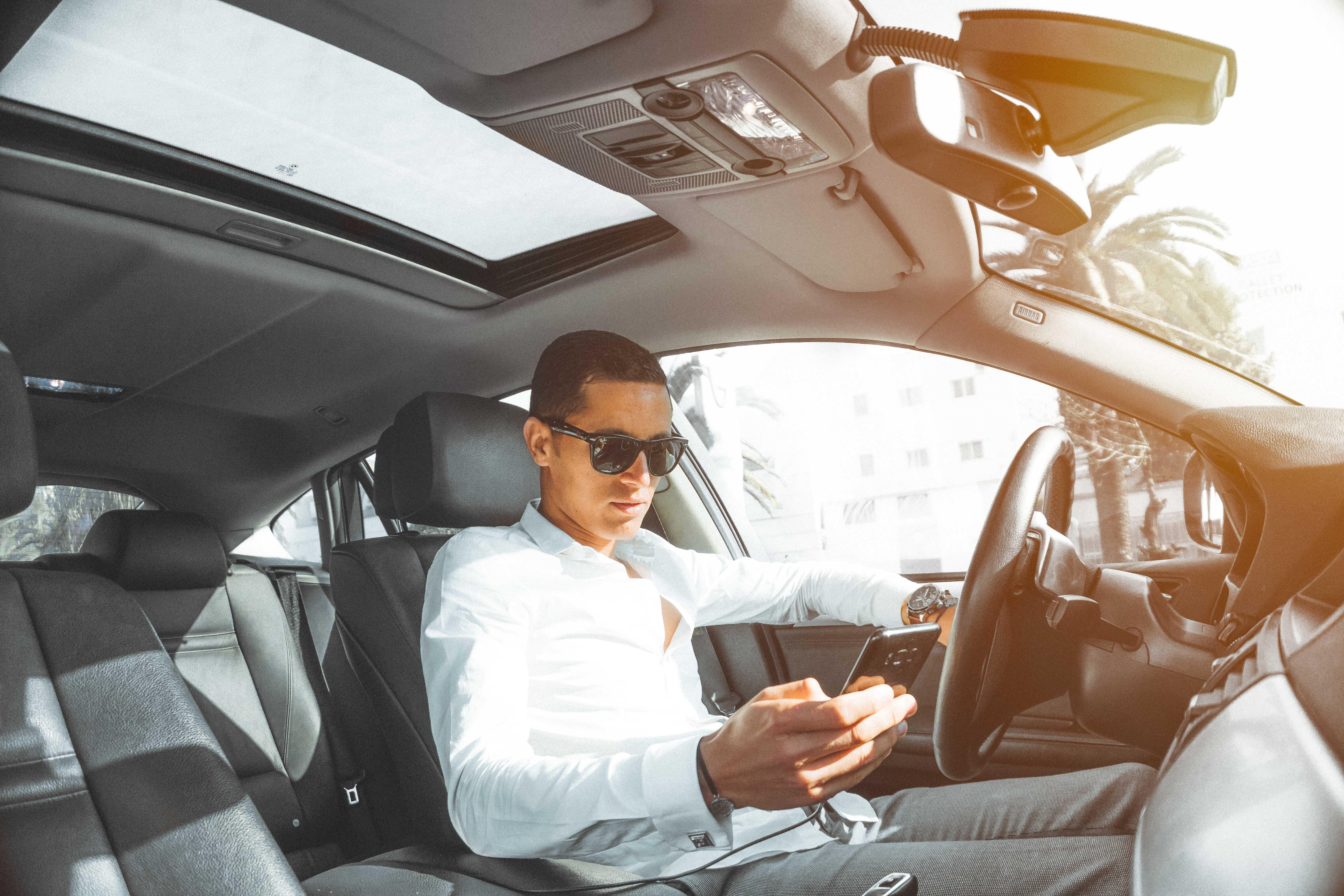Are Self Driving Cars Really Safer?

Ready or not, self driving cars are on the road now. Most car makers will be selling self driving cars by 2020. The question is are self driving cars safer? Will they lead to less car accidents?
According to the National Highway Safety Administration, every day in the United States about 90 people are killed in car crashes, and about 6,000 people are injured in automobile accidents. The cause of these car accidents is 94% human error or distraction. This means, as control over vehicles is taken away from human drivers and given to computers, safety should increase. Self driving cars do not get distracted, and they do not get drunk. Drunk driving causes almost 40% of motor vehicle accident fatalities.
However, self driving cars are not accident-proof and self driving cars will share the road with flawed human drivers. Since 2009, Google has been testing and driving self driving cars. These cars have been in accidents caused by other human drivers. Most often these cars get rear ended at stop lights. However, until February 14, 2016, Google's self driving cars had not caused an accident. Tesla Motors is currently dealing with a products liability lawsuit over its autopilot system after a driver got in an accident using the self-driving technology in Florida this May.
Self driving cars are programmed to follow the laws precisely. They follow the exact speed limit and follow other vehicles at the correct distance. This means that the cars do not necessarily drive with the flow of traffic or drive as humans think they should be driving.
Overall, self driving cars are expected to be safer and lead to less accident and injuries.